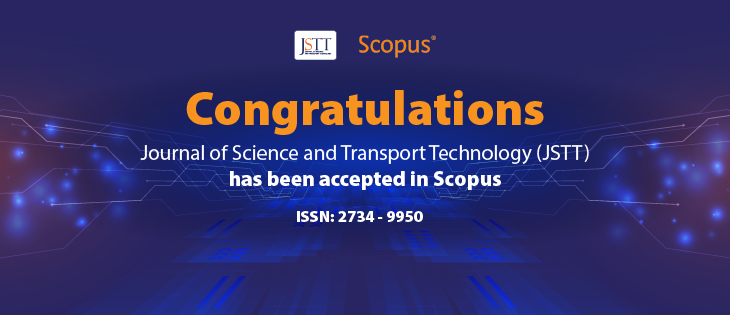Special Issue: Advancements in Civil Engineering: Integrating AI, Digital Twins, and Industry 4.0 Innovations
2025-08-30
Summary
The civil engineering and construction sectors are undergoing a profound transformation, driven by the convergence of cyber-physical systems and the technologies of the 4th Industrial Revolution (Industry 4.0). Globally, the integration of Artificial Intelligence (AI), Digital Twins, Additive Manufacturing (3D Printing), Nanotechnology, and the Internet of Things (IoT) is moving from theoretical research to large-scale practical application.
In this dynamic context, nations like Vietnam are at a pivotal moment, making substantial strategic investments to adopt and master these key technologies. This national focus is creating a fertile ground for innovation, applying advanced computational and material sciences to solve long-standing challenges in infrastructure and urban development. We are witnessing these technologies being actively deployed in both academic research and high-impact, real-world applications.
This Special Issue aims to capture this global momentum by curating a collection of high-quality, original research articles and comprehensive review papers. We seek to document and analyze the most recent developments in the application of AI and other Industry 4.0 technologies within civil engineering.
The primary goal is to illustrate the tangible advantages these innovations bring, such as:
- Accelerating project timelines from design to completion.
- Enhancing structural safety, resilience, and sustainability.
- Optimizing resource management, logistics, and operational efficiency.
- Creating new pathways for smart materials, structures and autonomous systems.
We invite researchers, academics, and industry practitioners to submit their work and contribute to this timely and critical discourse.
Keywords
- Machine Learning & Deep Learning
- Computer Vision (CV)
- Physics-Informed Neural Networks (PINNs)
- Natural Language Processing (NLP)
- Generative AI
- Digital Twins
- AI-augmented Building Information Modeling (BIM)
- Robotics and Automation in construction
- Optimization Algorithms
- Additive Manufacturing
- AI-driven Materials Science
- IoT and Sensor Networks
- Intelligent Transportation Systems (ITS)
Submission guidelines & Deadlines
Manuscript submission deadline: 30 August, 2026
Authors are invited to submit their manuscripts through the Journal of Science and Transport Technology, JSTT (E-ISSN: 2734-9950) online submission system at https://jstt.vn/index.php/en
All submissions must be original and may not be under review by any other journal. Manuscripts should be prepared according to the "Guide for Authors" available on the journal's website. All papers will be subject to a rigorous, double-blind peer-review process.
On behalf of the Guest Editorial Team
Assoc. Prof. Hai-Bang Ly
E-mail: banglh@utt.edu.vn

